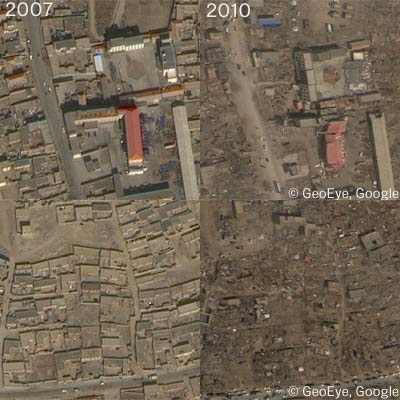By Gregg Gonsalves
Yale University and the International Treatment Preparedness Coalition
Comments at
The Future of Development:
Human Rights and International Aid Beyond the Economic Crisis
Robert L. Bernstein International Human Rights Fellowship Symposium
April 8-9, 2010
Orville H. Schell, Jr. Center for International Human Rights
Yale Law School, 127 Wall Street, New Haven, CT
* * *
Good afternoon. Greetings from up on Science Hill, where I just got out of a
class on evolutionary biology. Permit me to use one analogy today–only because it seems so apt. A new book by a fairly well-known philosopher named Jerry Fodor has just come out. It’s called What
Darwin Got Wrong. This isn’t some creationist tract. Dr. Fodor apparently believes in evolution, but he thinks Darwin erred by claiming natural selection is responsible for it. The book hasn’t been well-received among scientists–not because we have a vested interest in this 150-year-old theory, but because the evidence supports natural selection and Dr. Fodor’s description of it only remotely resembles the phenomenon.
(more…)





